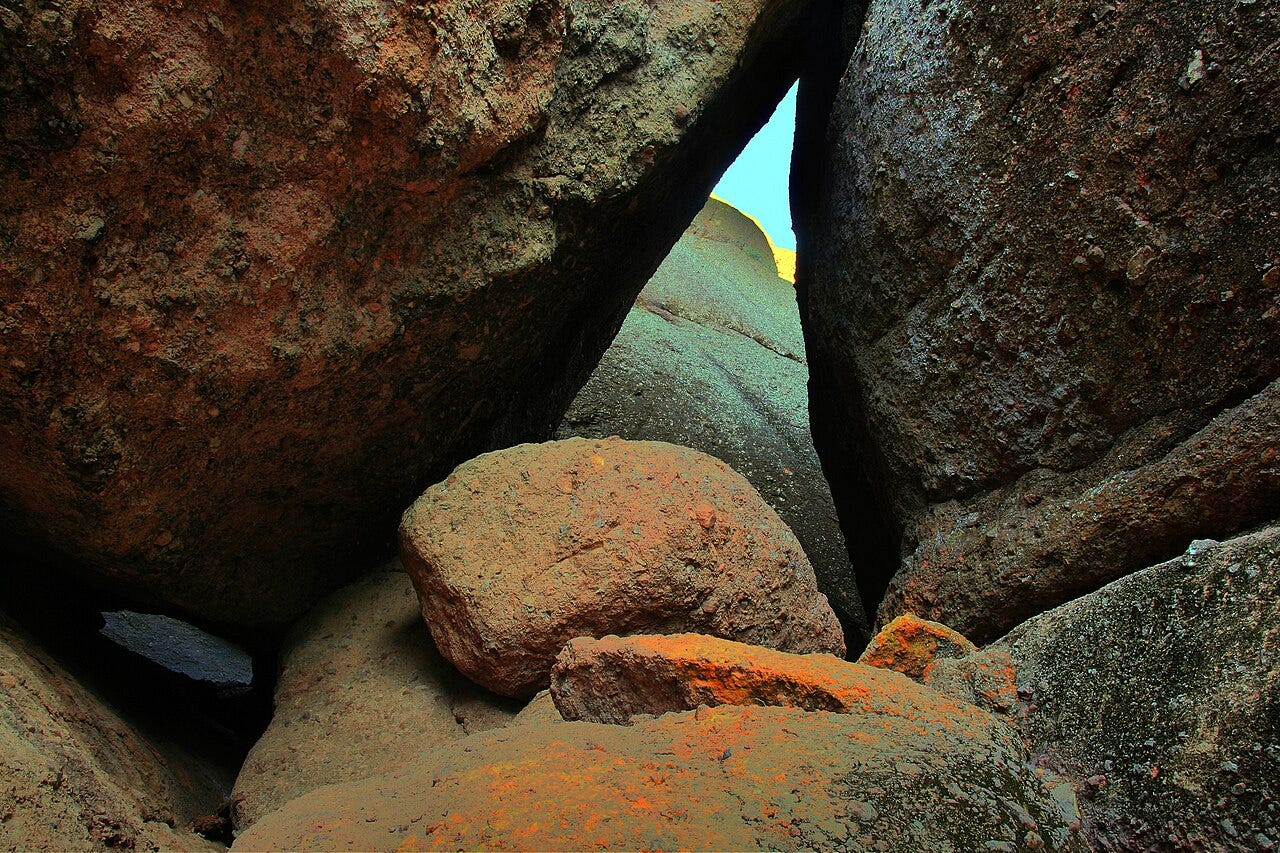
“The dominant feature of our research has been slowing down and really listening to teens as they talk about growing up with today’s technologies,” says James. “Putting youth voices and stories at the center has been transformative. Our assumptions have been checked and challenged, left and right.”
That’s a quote from Harvard Graduate School of Education researcher Carrie James, cofounder of the new Center for Digital Thriving based at Project Zero, from a post announcing the center’s launch in October, 2023.
I’m a longtime fan of Project Zero. If you don’t know their work, take some time to explore their website. (I’ll drill down into the Causal Learning Projects in a future post.)
The Center for Digital Thriving in collaboration with common sense education has created an excellent collection of resources and lesson plans for anyone and everyone working with young people. The authors outline these two key principles underpinning the Center’s resources:
One: Young people are critical partners in understanding the problems and designing solutions. We lean into principles of Participatory Design. We create space so that young people can reflect on and share their experiences. We listen intently to what they say – doing our best to set aside adult assumptions and build on what they tell us, not what we wanted or expected to hear.
Two: There is huge and untapped potential to apply evidence-based behavioral and mental health practices to better support young people in their uses of technology. Treating digital spaces as separate from “real life” does not align with young people’s use of technology; for them, connectivity is ubiquitous and integrated throughout different facets of their lives. What’s more, negative online experiences are often manifestations or amplifications of issues that have familiar roots in age-old developmental or psychological struggles. This is important because it means we can leverage tried and tested strategies and, crucially, can do so with a reasonable level of confidence that the interventions are constructive.
And they focus on conversations…
We know, too, that many adults want to support youth in the context of tech-related challenges, yet struggle to start these conversations and keep them going in helpful directions. Asking only questions like, “Is tech good or bad?,” “How do we minimize screen time?,” and “How do we avoid risks?” is limiting at a moment when young people experience tech as both/and: both beneficial and challenging, energizing and exhausting, sources of connectedness and feelings of loneliness. We hope that these resources will facilitate better conversations about the nuanced ways technology fits into all of our lives.
I especially appreciate the section on Centering Values which includes a Values Sort and Values Voting. And you’ll learn about Design Tricks and Thinking Traps with videos hosted by Myles Best of KQED’s Above the Noise. If you don’t know Myles Best’s videos, you should.
The Center lists their values on the about page, beginning with this one:
Critical optimism
We believe that improving digital well-being requires a multifaceted perspective that 1) attends to both the benefits and harms of life with technology, and 2) upholds a solutions-minded, future-oriented and genuinely hopeful stance.
Great team. Impressive, creative, valuable work. Check out Teaching Digital Well-Being: Evidence-Based Resources to Help Youth Thrive here.
[Note: This particular document is very teen-focused. You’ll find resources for K-5 designed in partnership with Project Zero here on the common sense education site.]
My favorite wildlife photographer this spring is…
Wildlife photographers from all over the world contribute immensely to my well-being, every single day. They refresh me while I am working the many hours I do on my computer.
Frances Crickmore’s photos of hares in Suffolk are extraordinary. You’ll find them on her Instagram page.
I am known to occasionally draw a comic featuring a hare and a tortoise. So let’s just say I am very partial to hares, and Crickmore’s photos are leveling up my drawing skills for a new round of comics (stay tuned).
And now, instead of writing about nature and well-being, I'm going to take my writing to heart and prepare to immerse myself in a national park with family and friends. Water bottle? Check. Snacks? Check. Camera? Check.
Thanks so much for reading. Be well. And please consider sharing this post with family, friends, teachers, and/or colleagues who might appreciate it and put it to work.


